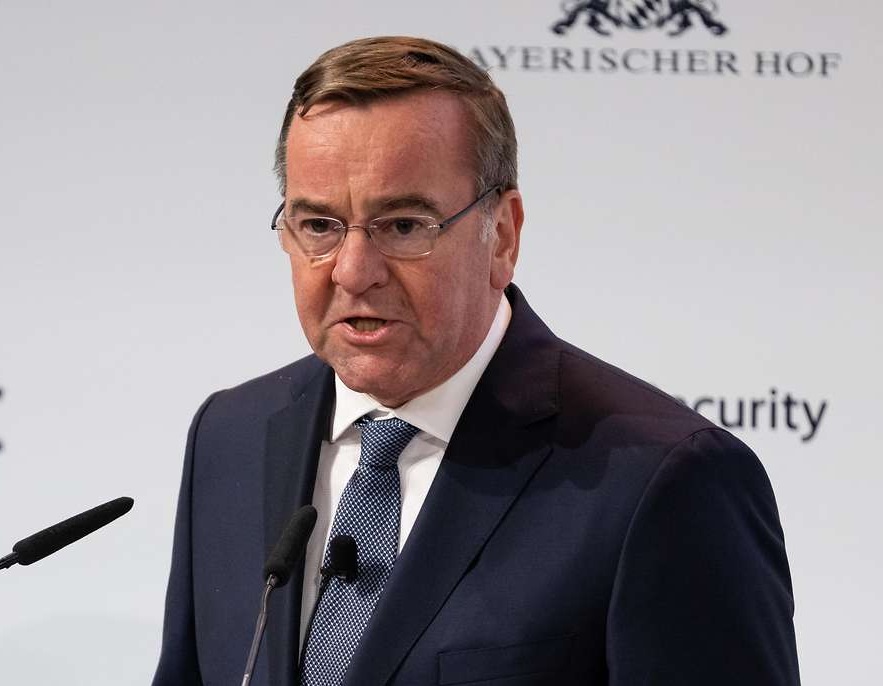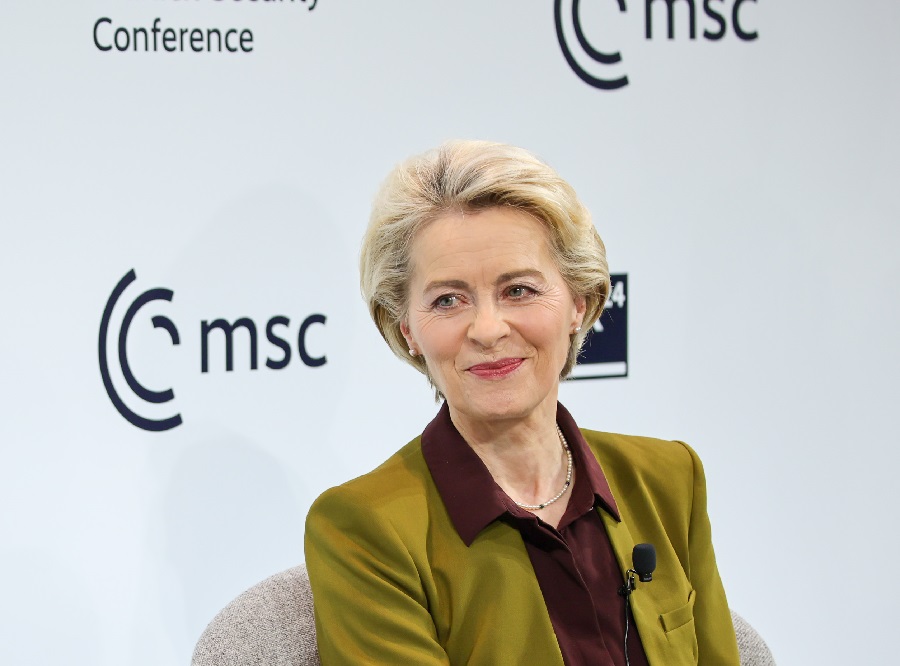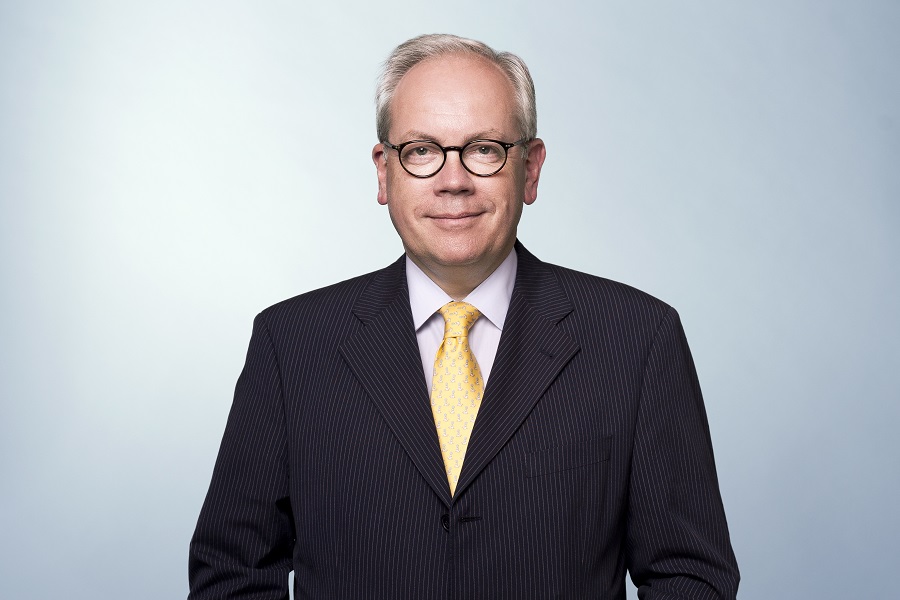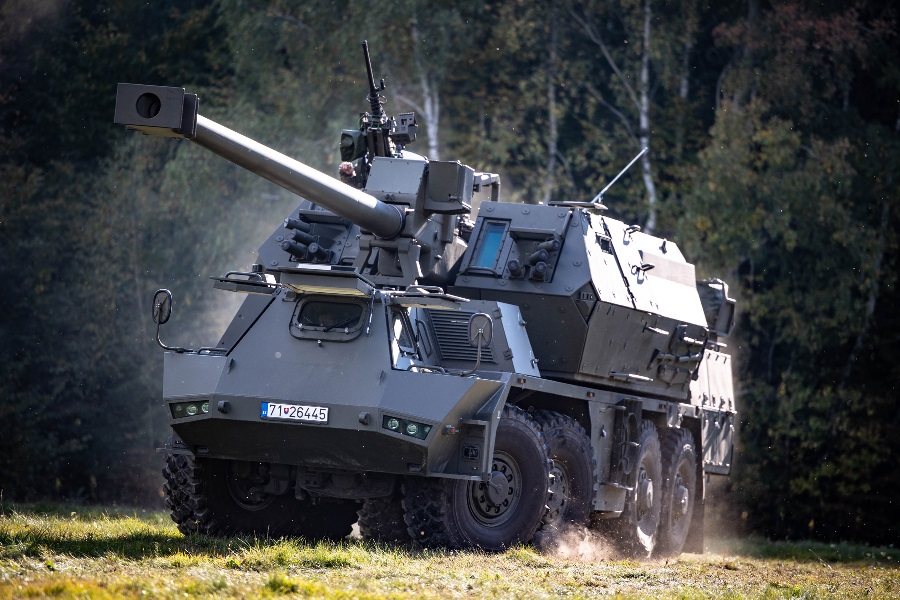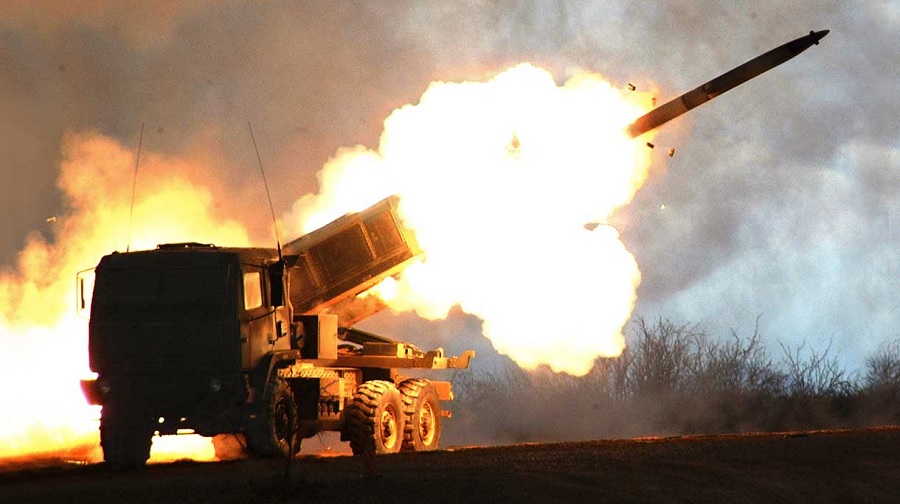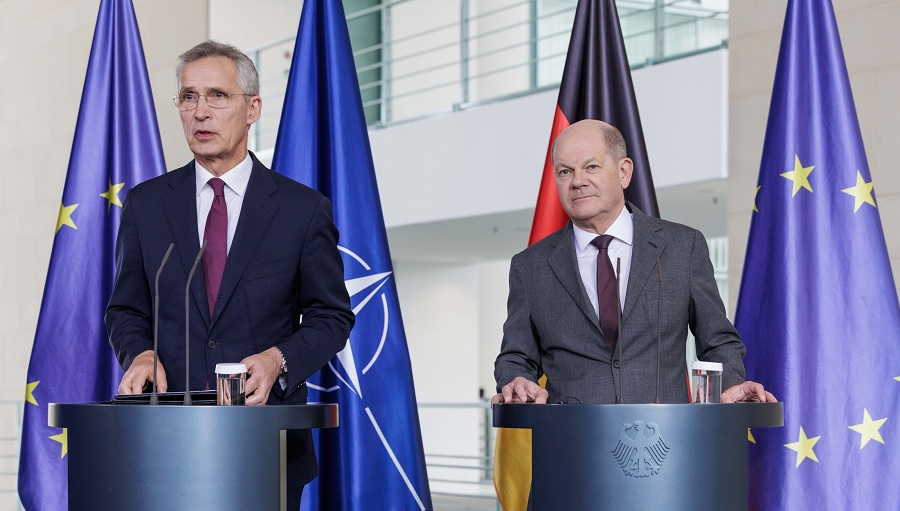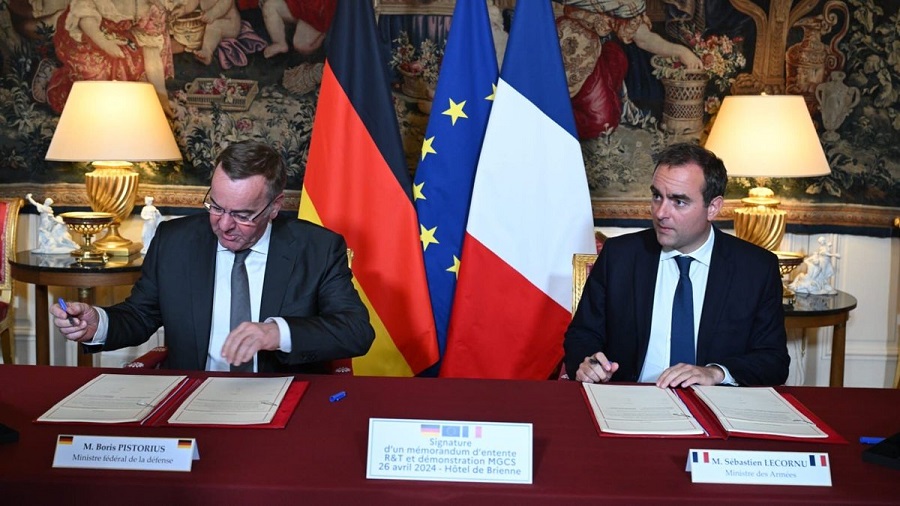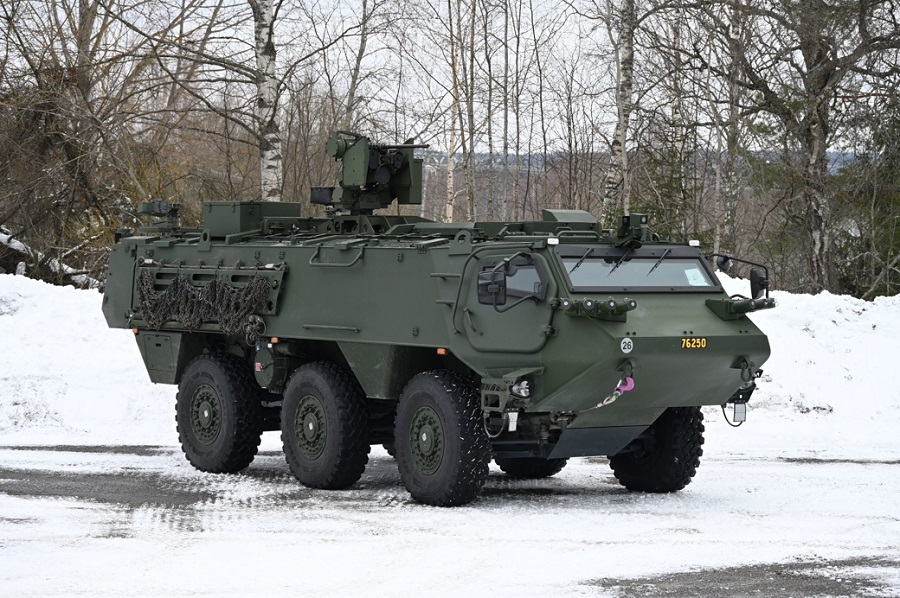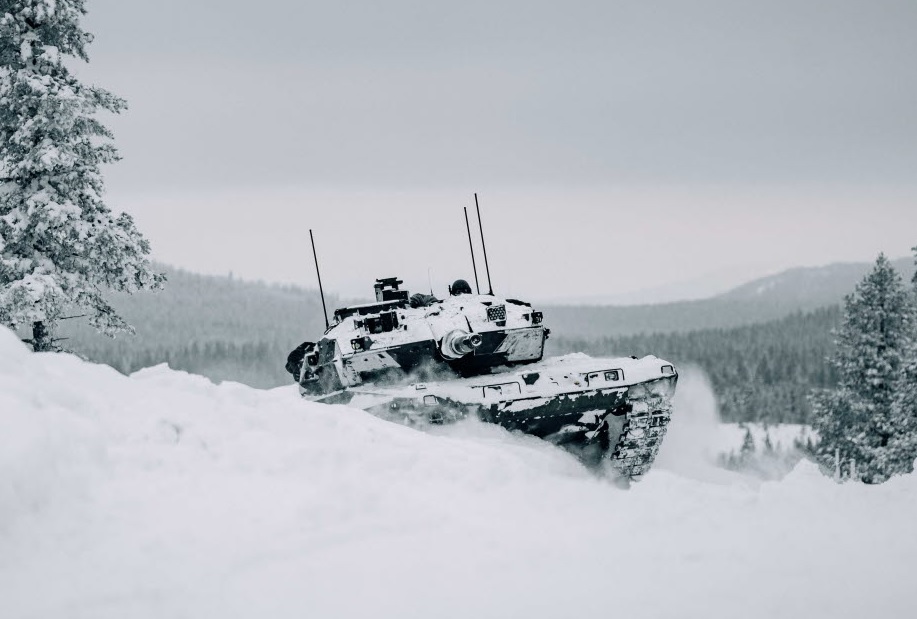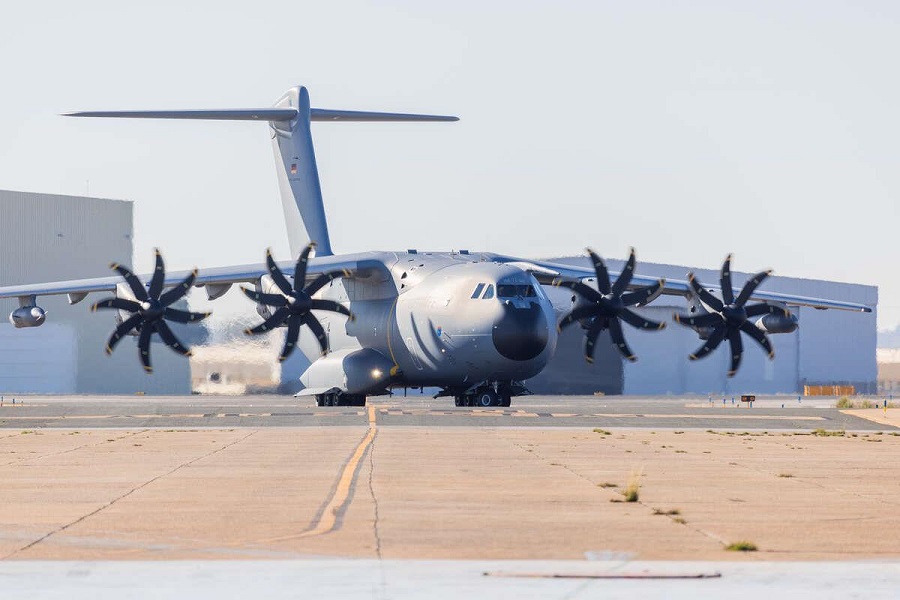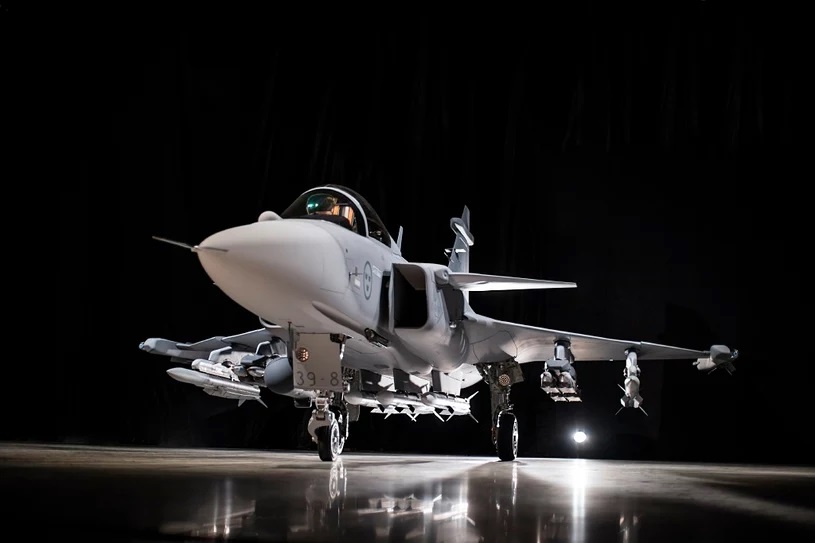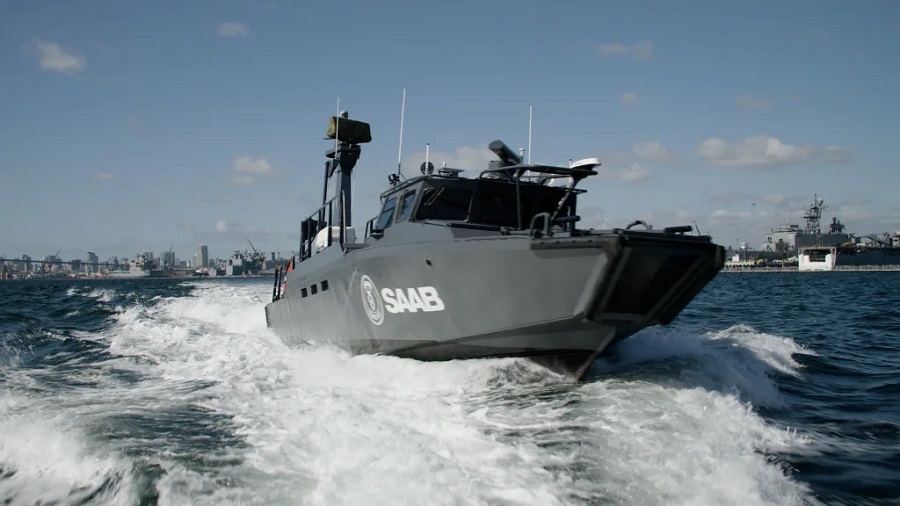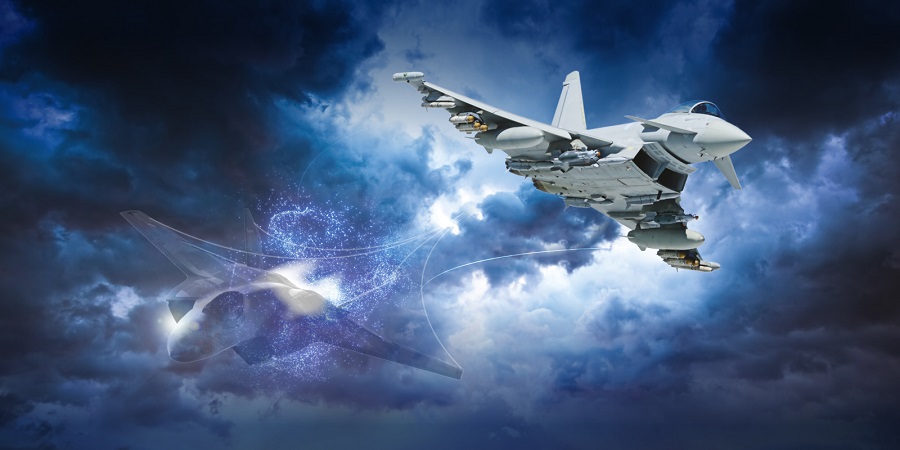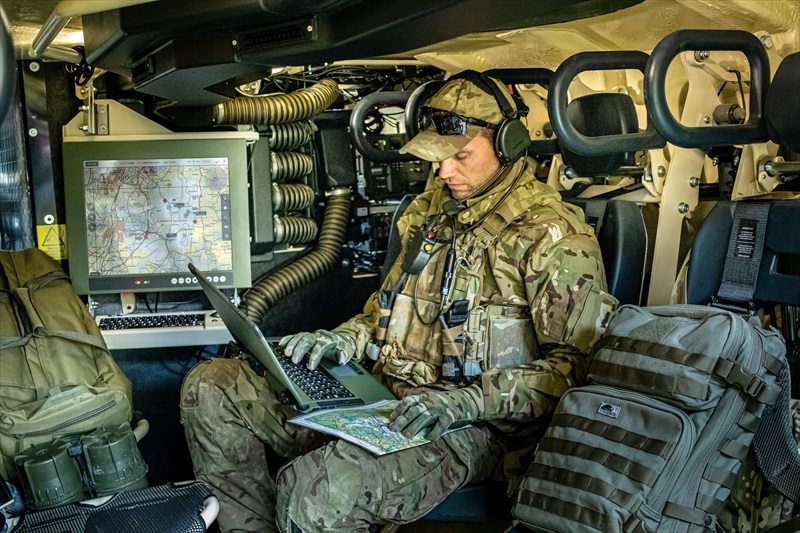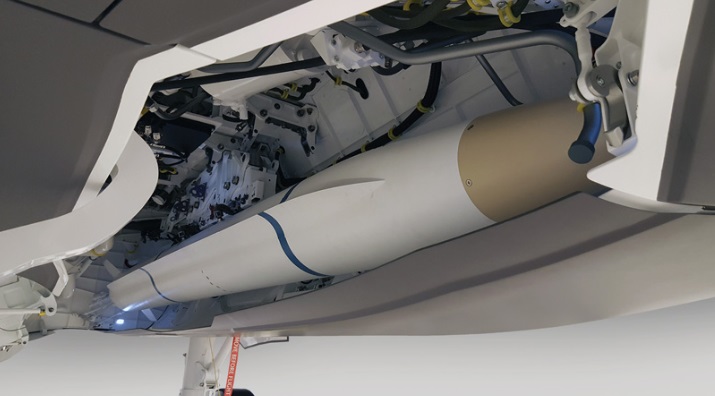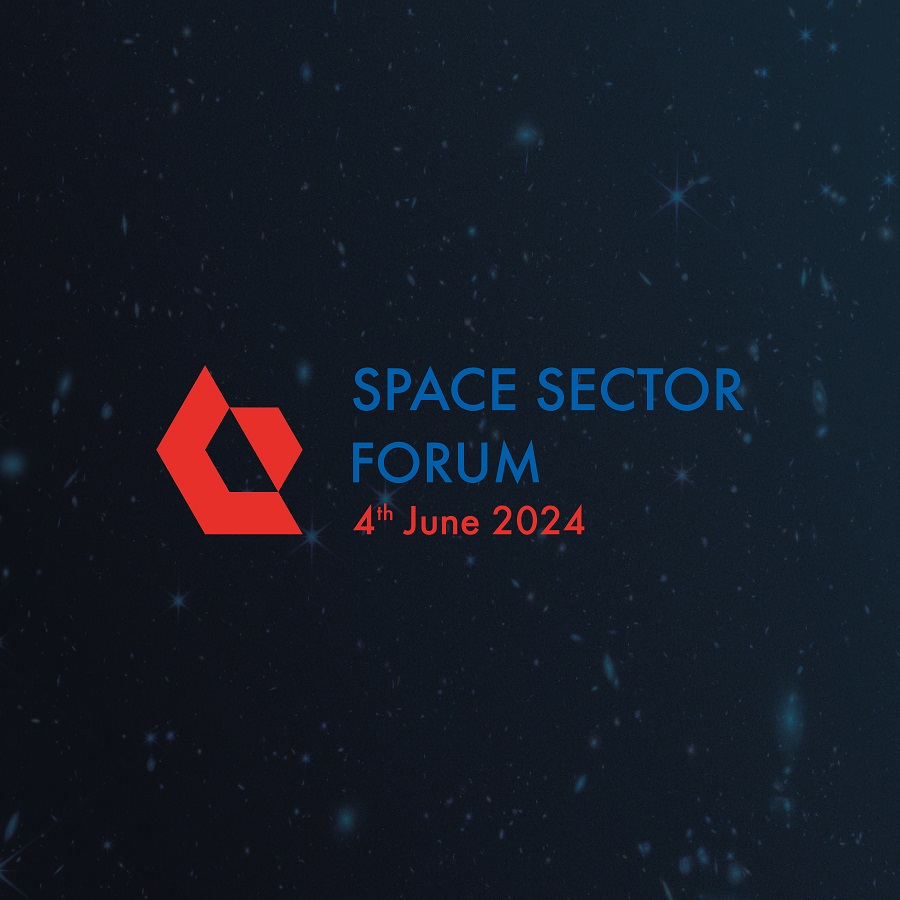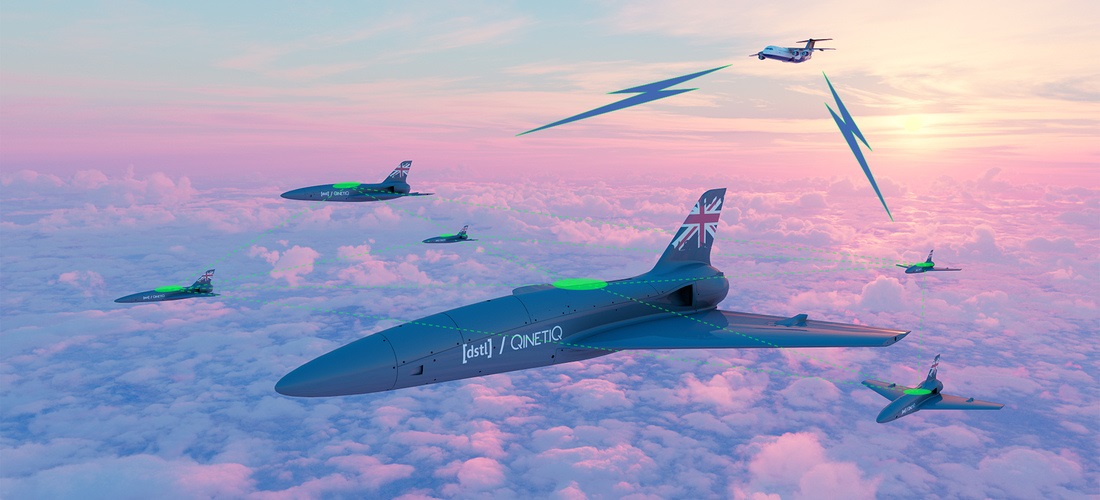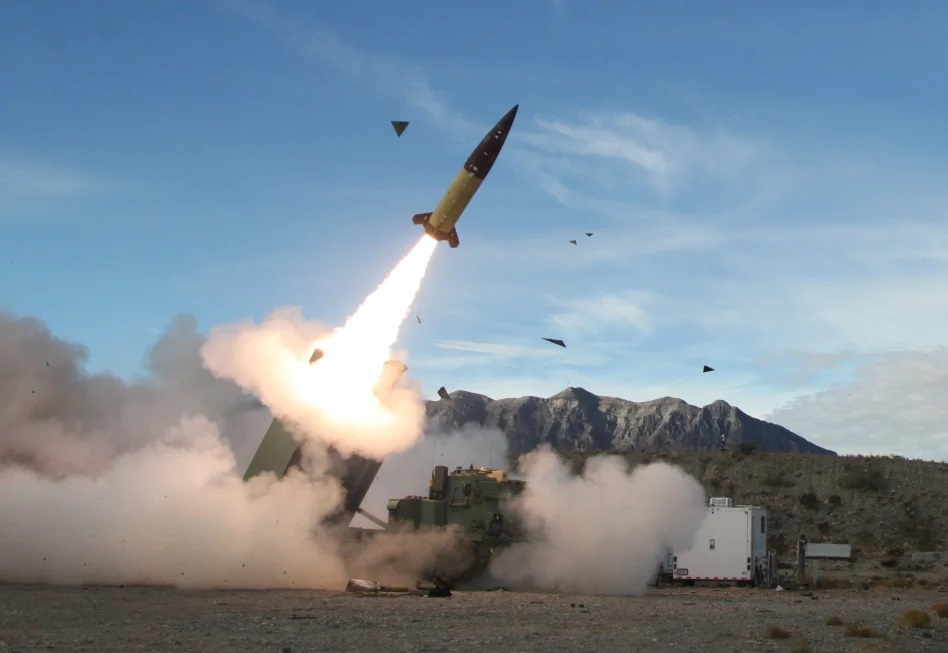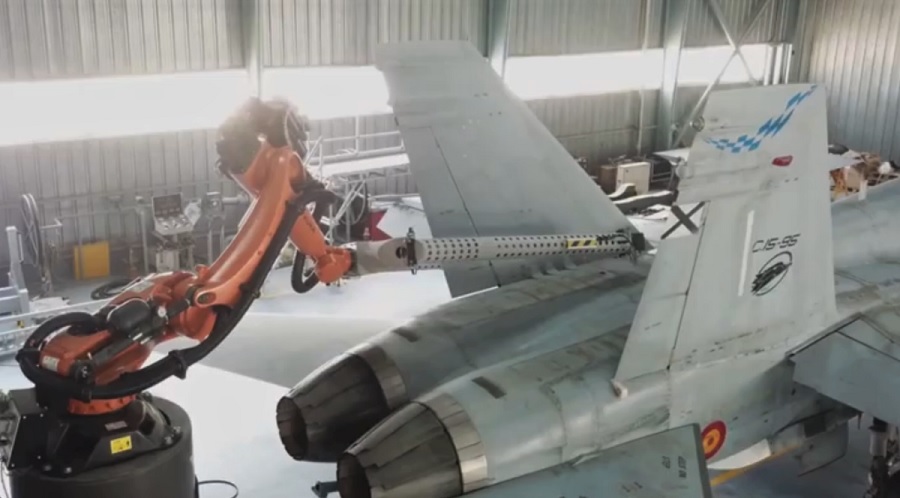I am a child of the Cold War. I grew up in Osnabrück, in an area where many British soldiers lived with their families. On my way to school I would regularly see people in uniform. And I looked up to them with youthful admiration.
It was the time when West Germany was part of NATO’s eastern flank. There was an underlying threat that we were always aware of at home.
The sight of tanks at Checkpoint Charlie and the Cuban Missile Crisis had become etched on my parents’ memory. As would, years later, the threat of SS 20 intermediate-range ballistic missiles capable of striking western Europe. Like many households in Germany, we stockpiled tinned food and other supplies for a war emergency.
At that time, the NATO Alliance secured its eastern flank in my country, in Germany. The uniforms I saw on my way to school were a concrete sign of Alliance solidarity. Our Allies, whether in the United States, France, the United Kingdom, the Netherlands, Belgium or Canada, had made Germany’s security their own security.
I am very grateful for that. And that is why for me it is only natural that in Germany we show the same solidarity today. The security of the Baltics and Poland and that of all our Allies is also Germany’s security.
Many things today are different from the Cold War era. The democratic revolutions in central and eastern Europe – sovereign decisions taken by democratic states – mean that today the border of the Alliance has shifted further to the east.
But sadly, we are again facing a massive threat to our freedom and security. Russia is waging a brutal war of aggression and conquest against Ukraine. And if Putin had his way, this would only be the beginning.
Russia must not and will not succeed with its imperialism and its contempt for international law and the international peace architecture.
And because neither diplomacy nor tough economic sanctions have made Putin change course, our show of force is the right response.
Show of force – this means, on the one hand, to strengthen the brave self-defence of the Ukrainian people.
That is why we are providing weapons, equipment and training. Germany is delivering, among many other things, state of the art air defence systems, heavy artillery, infantry fighting vehicles and battle tanks. This equipment is urgently needed and highly effective. I am happy to be able to say: Germany is among the leading supporters of Ukraine. Most recently we made sure that more of the much needed ammunition will be supplied to Ukraine.
I visited Kyiv only last week. I spoke with front-line soldiers who were getting ready to travel to Germany for their training on the Leopard tanks. Their faces showed the horror of war.
At the same time, I saw: their morale is unbroken. Their dedication and courage is impressive.
I assured President Zelensky that Germany would help for as long as it takes. Together with our European and transatlantic allies. And I made clear: Ukraine must win this war.
Show of force – this means, on the other hand, that we must strengthen NATO’s eastern flank, we must strengthen ourselves.
When Russia attacked Ukraine, the Alliance reacted quickly and with determination.
Within a very short period of time, the Supreme Allied Commander had 32,000 ground troops, 140 ships and 135 aircraft available to him at short notice. On top of the 170,000 troops already stationed at the eastern flank under national command.
This is real and serious deterrence. We can and we will defend every inch of Alliance territory.
Together, we continue to increase our military presence along the entire eastern flank. In addition, 300,000 troops will be placed on heightened alert to serve as a rapid response force.
This is the right approach, and we will pursue it at our summit in Vilnius. There we will update our defence plans. And of course, our focus will remain on bolstering the eastern flank.
Ladies and gentlemen,
Be it during the Cold War or today, be it in former West Germany or, just recently, in the Baltics or in Poland: The United States of America have always guaranteed European security. And I am deeply grateful to the American people and President Biden for his commitment to transatlantic solidarity in words and in deeds. This is in our mutual strategic interest.
At the same time, Europe must do more, a lot more.
To me, the formula cannot be: NATO or the EU. It has to be: NATO and the EU. Or, more precisely: a stronger Europe for a stronger NATO.
This is why we want Finland and Sweden to join NATO soon – in the interest of the security of our Finnish and Swedish friends, but also in the interest of a strong
Alliance. They both have excellent armed forces including powerful naval forces and modern land forces with long eastern flank experience.
Germany is working to strengthen the European pillar within NATO and enhance the EU’s military capacities and capabilities. The “Zeitenwende” – as we have termed it – must also be a driving force for our Common European Security and Defence Policy.
For Europe, it is all about translating our common responsibility into common strength –
through more integrated defence efforts,
through military mobility, logistics and infrastructure – to help us manage future troop deployments from the west to the east –
and through more cooperative armament and procurement projects, such as the European Sky Shield Initiative proposed by Germany. Or such as the joint construction of submarines by Norway and Germany.
This includes – and I am saying this deliberately with regard to my own country – this includes a policy for arms exports that facilitates cooperation in this field.
The Bundeswehr is one of the pillars of European defence. Even today, we perform major tasks:
Germany is the second-largest troop contributor at the reinforced eastern flank of NATO.
We have a leading role in providing military support to Lithuania.
In Poland and Slovakia, we have stationed PATRIOT surface-to-air missile systems that help protect the airspace.
And we also help protect critical maritime infrastructure, for example off the coast of Norway.
Our presence in the Baltics, Air Policing in Estonia, exercises on the eastern flank, for example with the Franco German Brigade in Lithuania and Romania – all these activities show that Germany is taking on responsibility.
And Germany stands ready to take on even more responsibility. To us, national defence equals collective defence!
We have passed the largest funding package in the history of the Bundeswehr, and we have anchored it in our constitution: 100 billion euro for the exclusive use of our armed forces.
We will meet the NATO capability goals. By 2025, we will put at NATO’s disposal a full Army division. This is our contribution as a framework nation, open to other nations and their contributions.
We are strongly committed to the two-percent pledge. As you all know, we still have some ground to cover to get there. I will be working hard to make sure we finally achieve this overdue target. This is very important to me.
Our aim is a modern multi-purpose armed force which is a powerful military partner cooperating with, and supporting its allies.
This is a strong and determined response to the requirements of the “Zeitenwende” – and a promise for the future. Germany is making a substantial contribution towards Europe’s military strength.
By the way, this applies not only to national and collective defence, but also to international crisis management. And not only on the eastern flank, but also in other regions where security and stability are at stake – above all the Indo-Pacific region.
Ladies and gentlemen,
Many Germans know very well – from their own experience or other people’s stories – what it feels like to be the eastern flank. Many Germans know what it is like to live under a dictatorial regime. And many Germans are incredibly grateful for the military support the country and its people have received throughout the Cold War.
I hope that German uniforms in Rukla, Sliač or Zamość are nowadays as welcome as British uniforms were in those days when I was a schoolboy in Osnabrück. And may they help protect freedom and democracy in Europe.
Source: Ministry of Defence of Germany.


